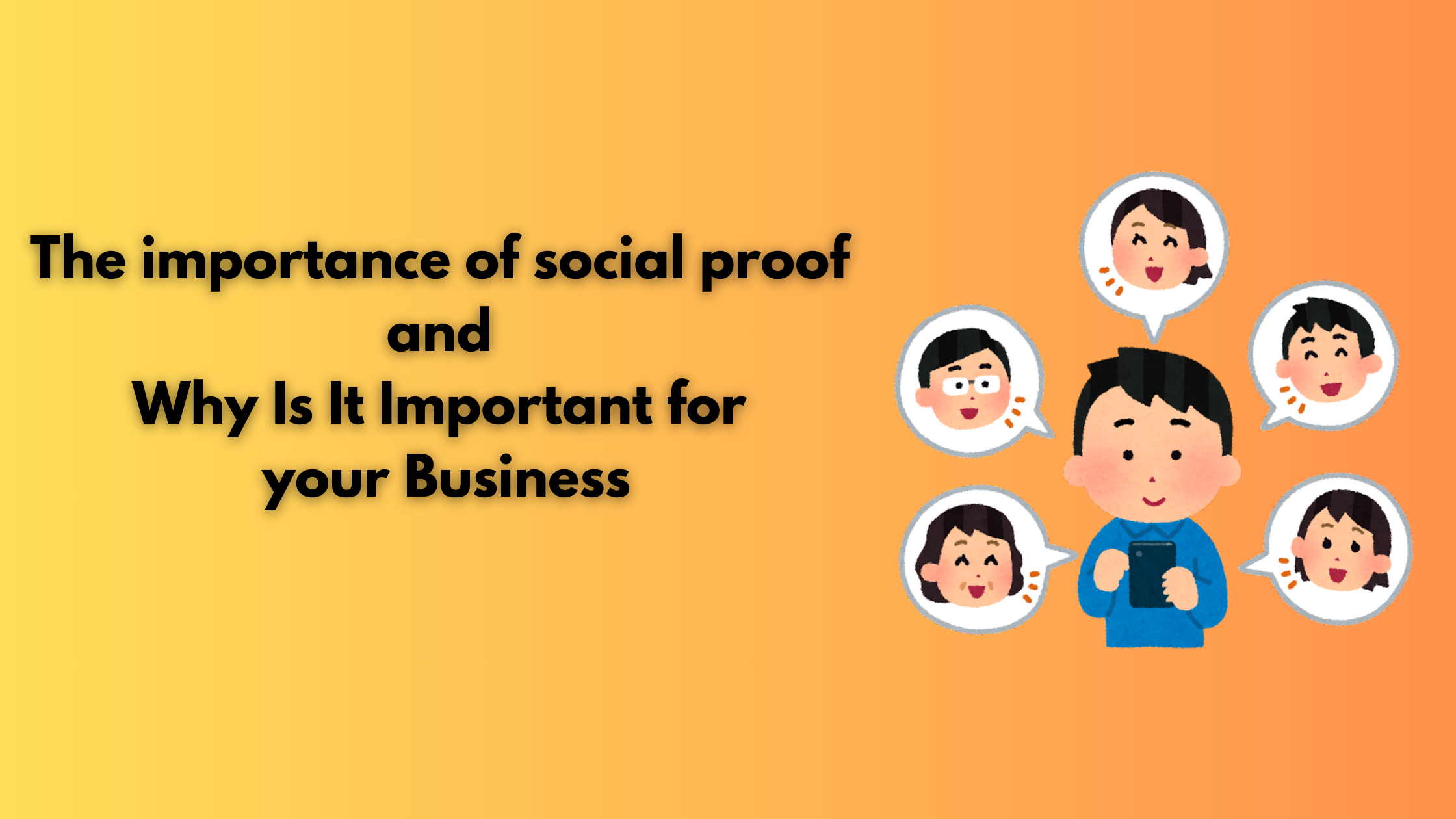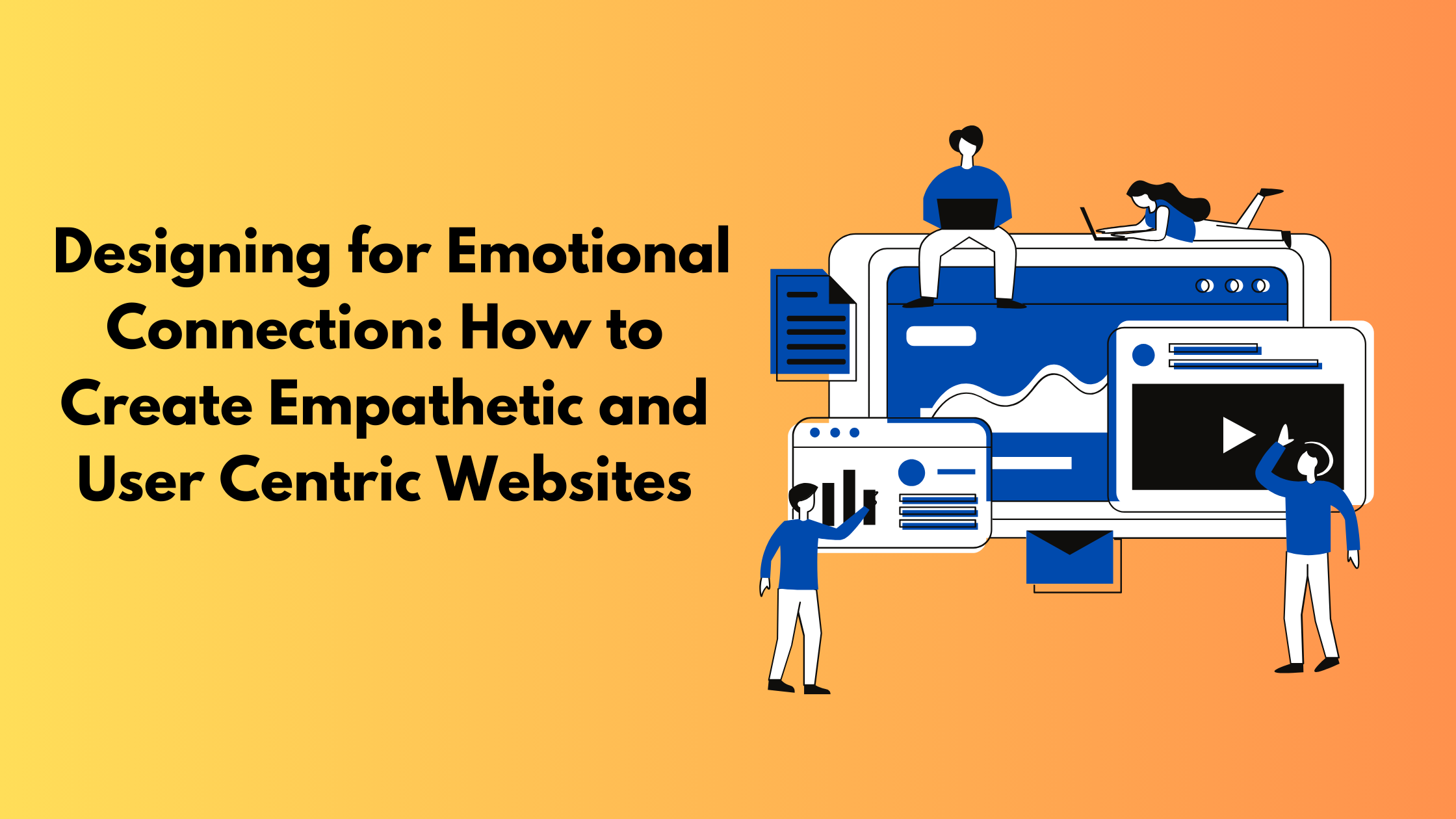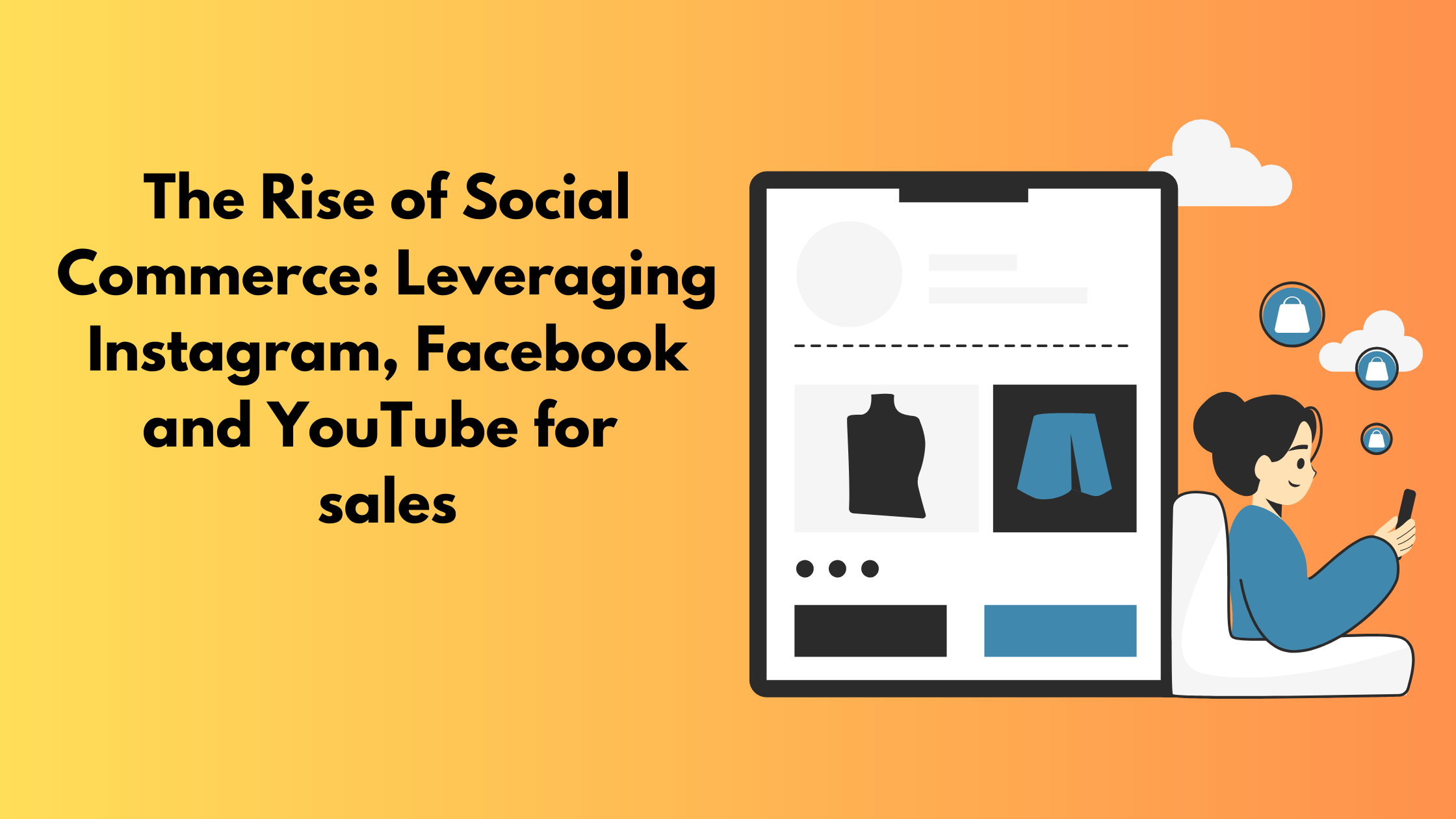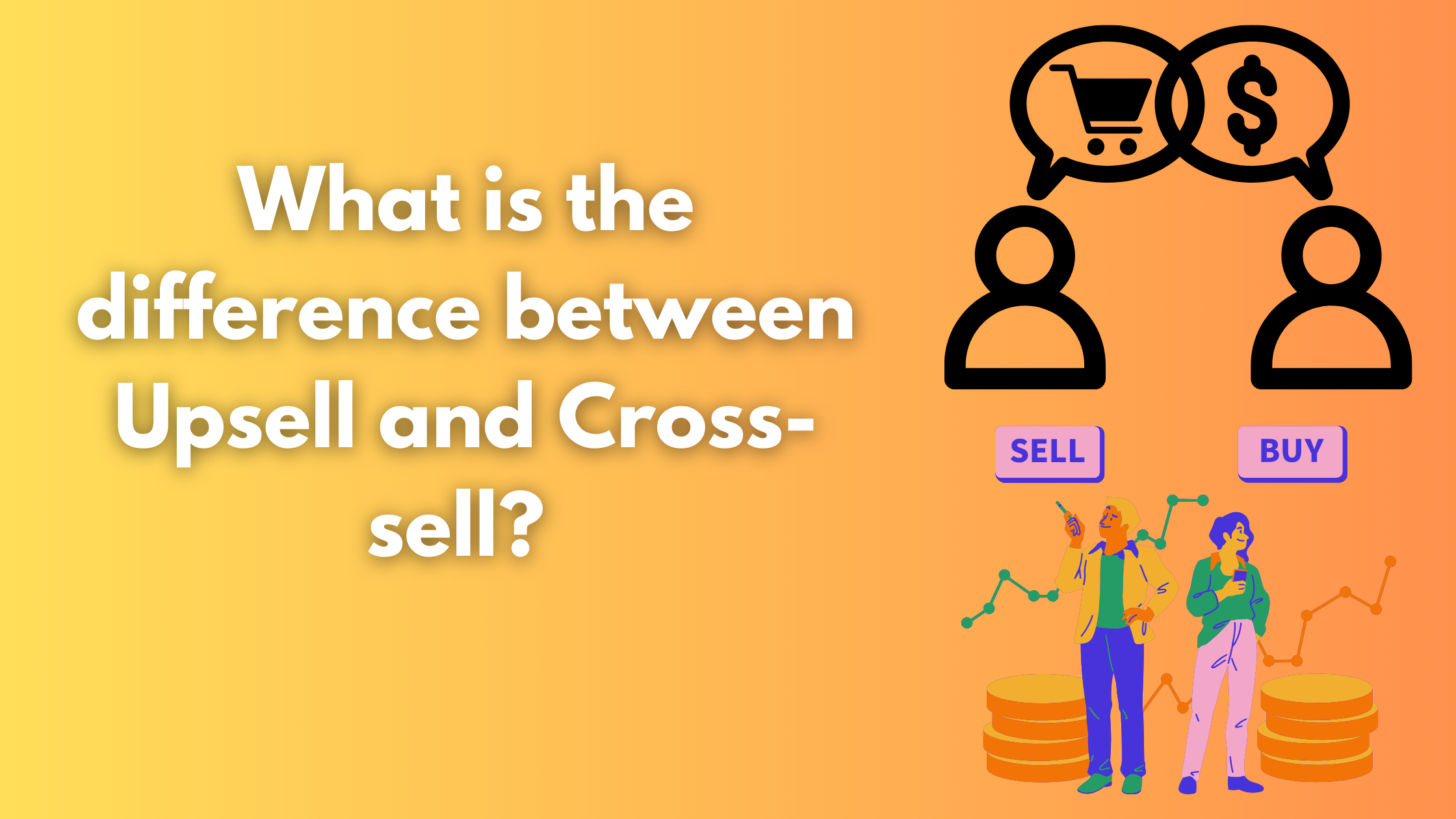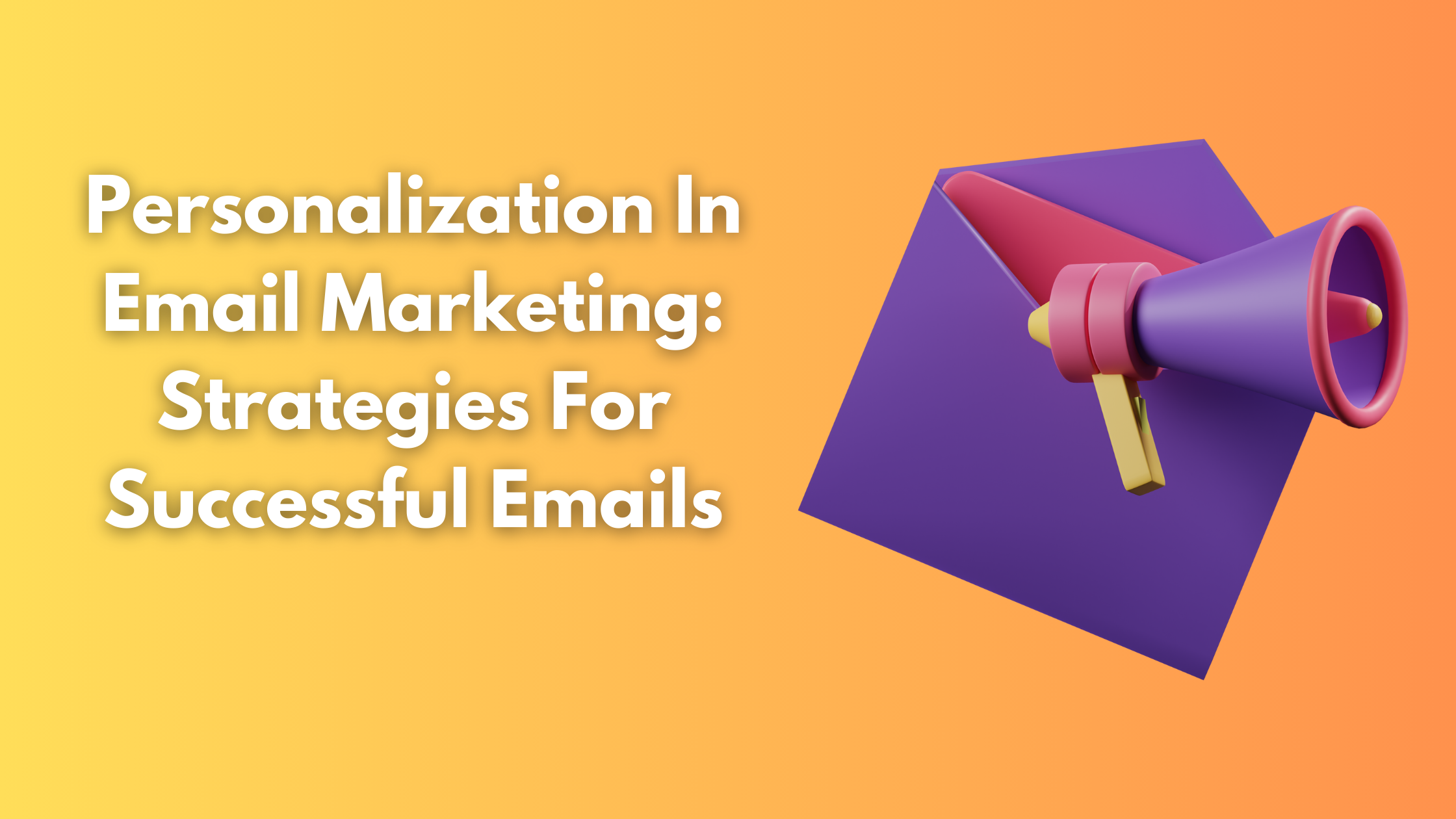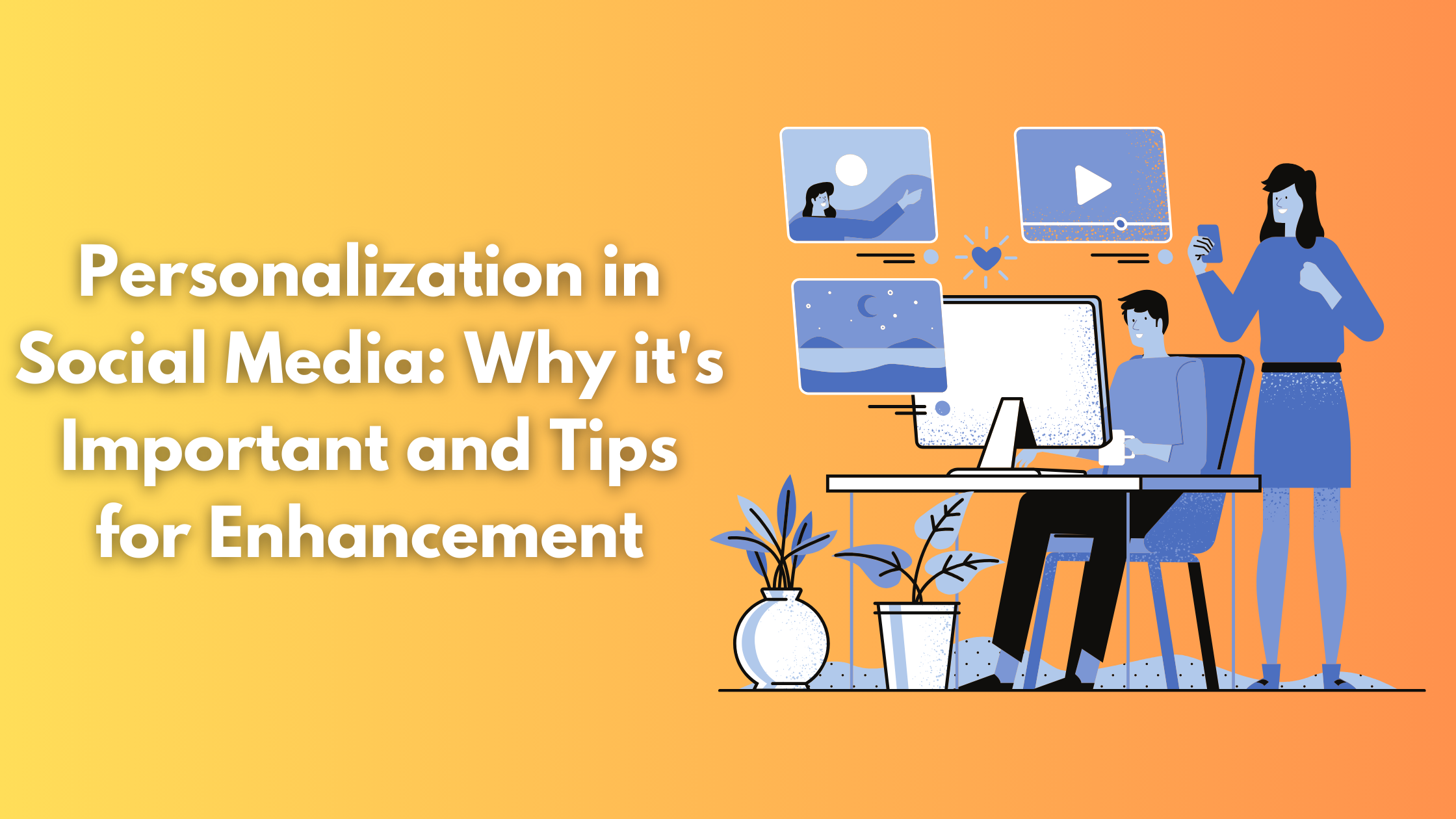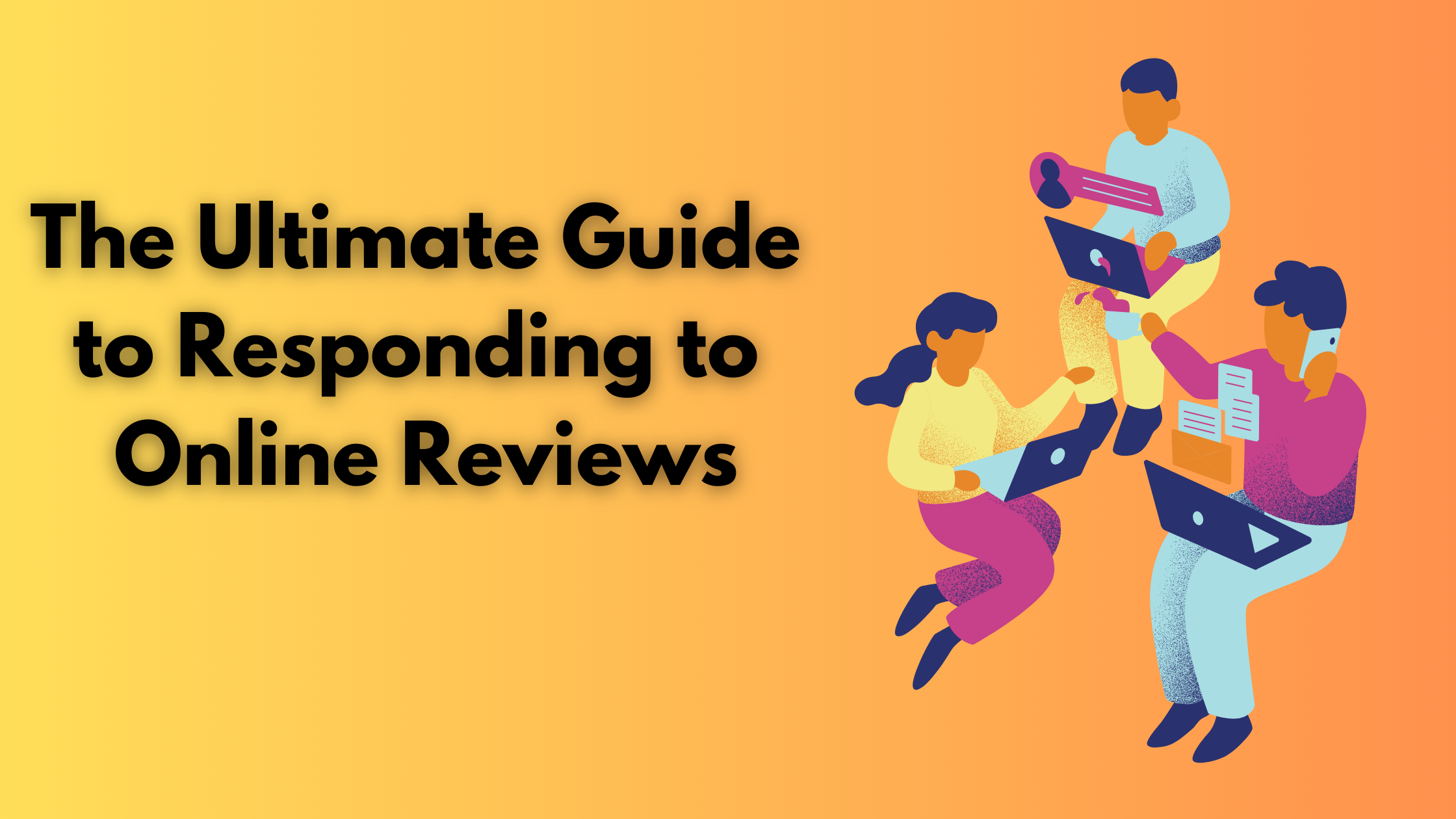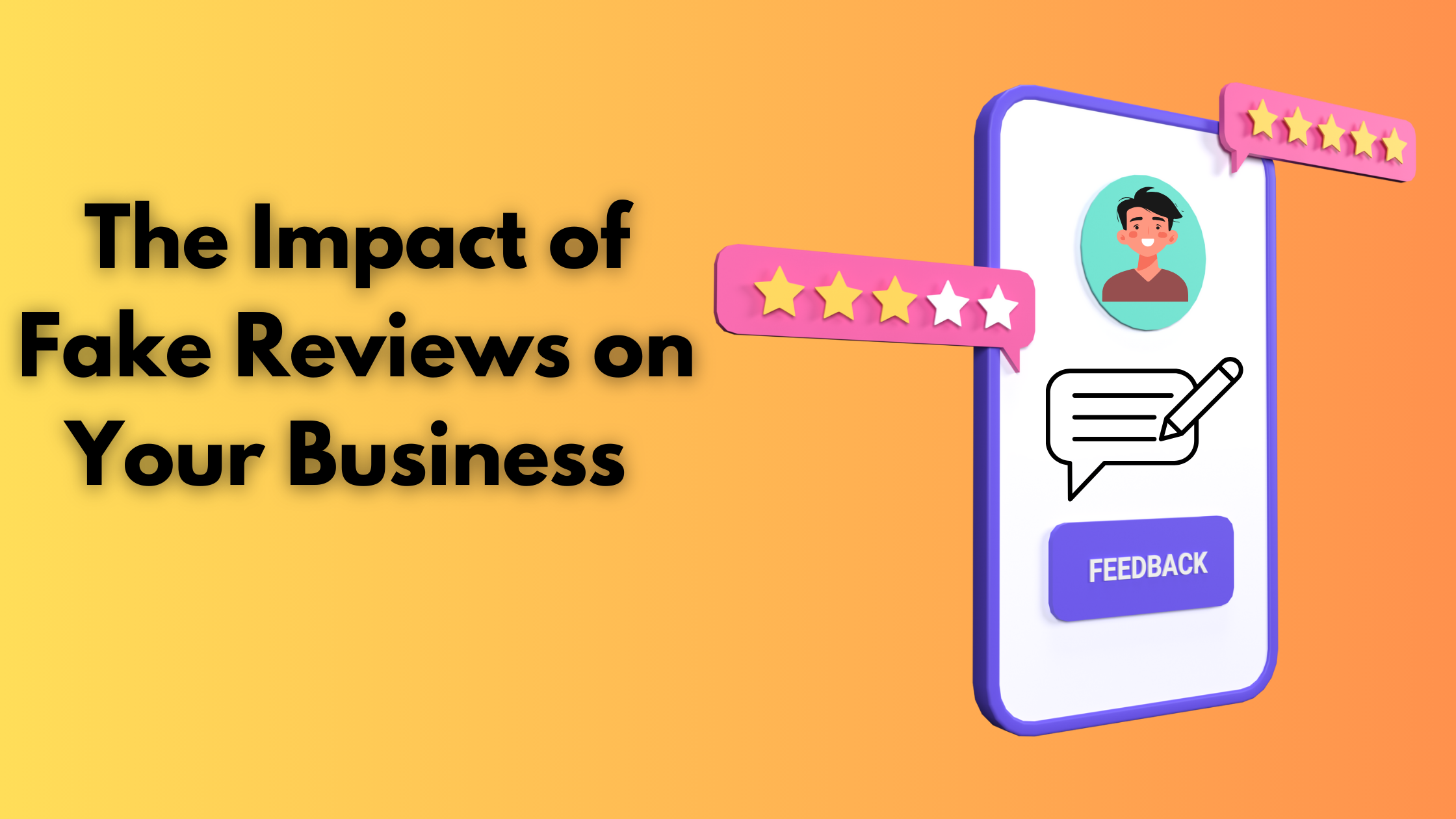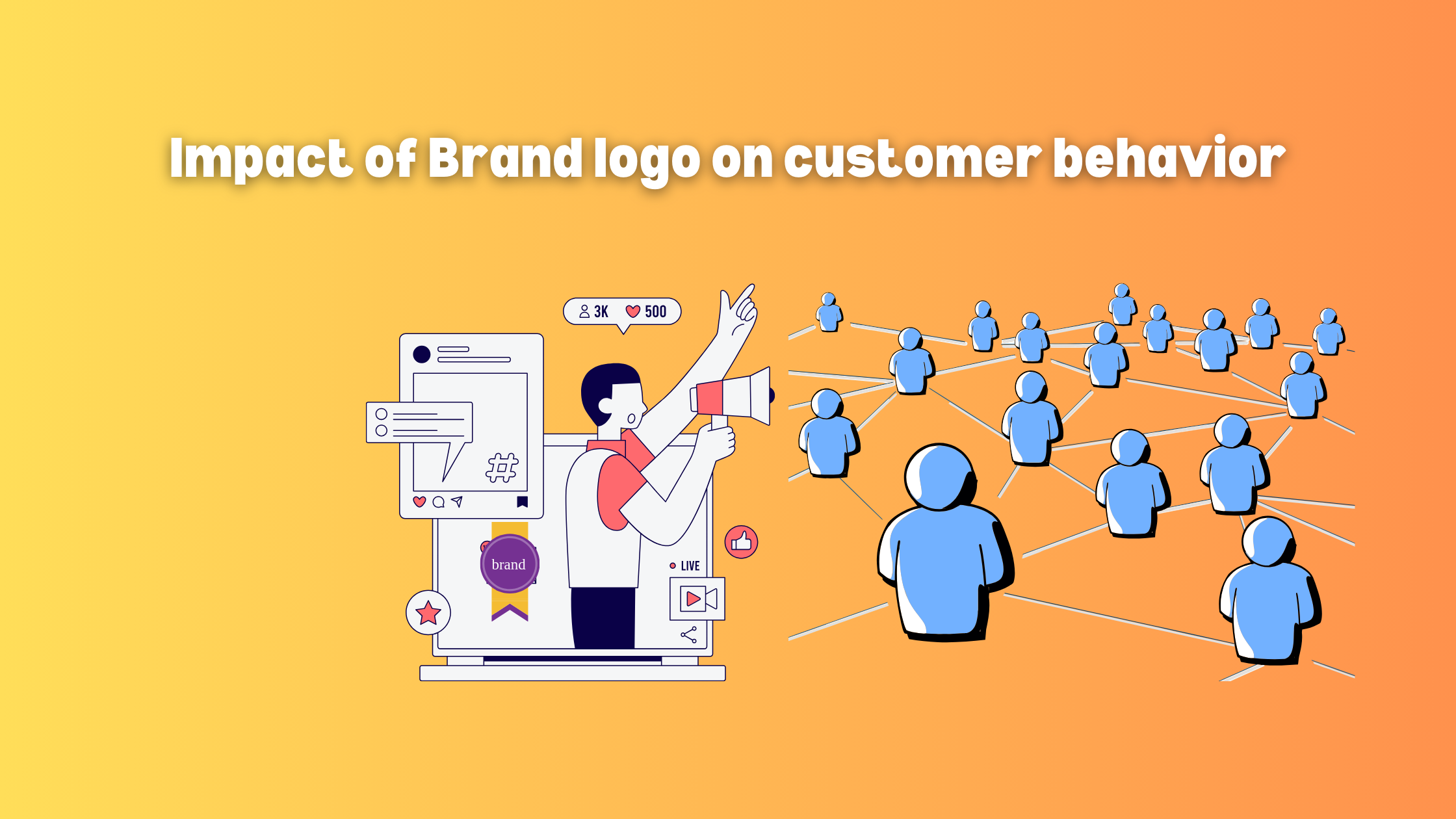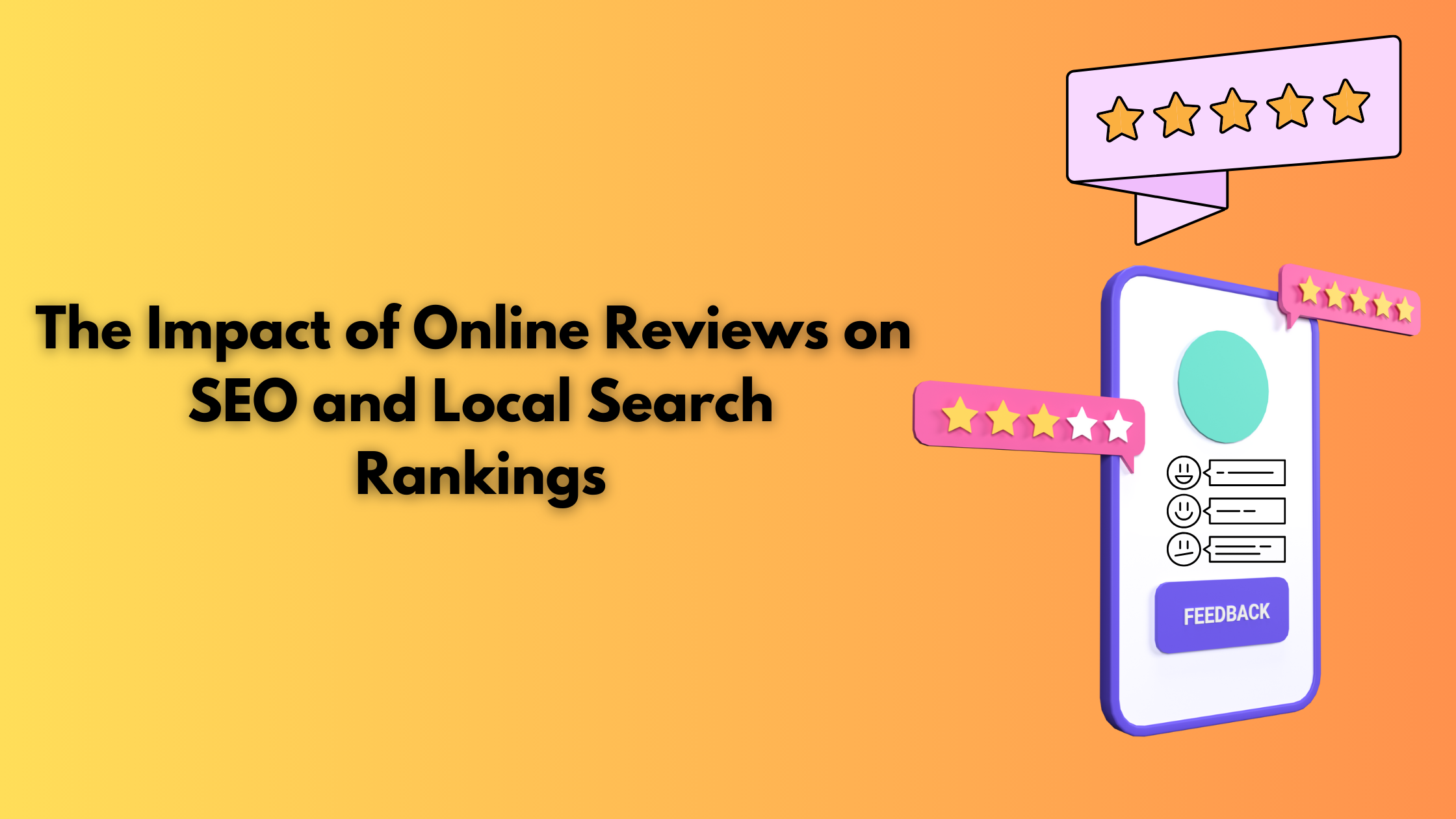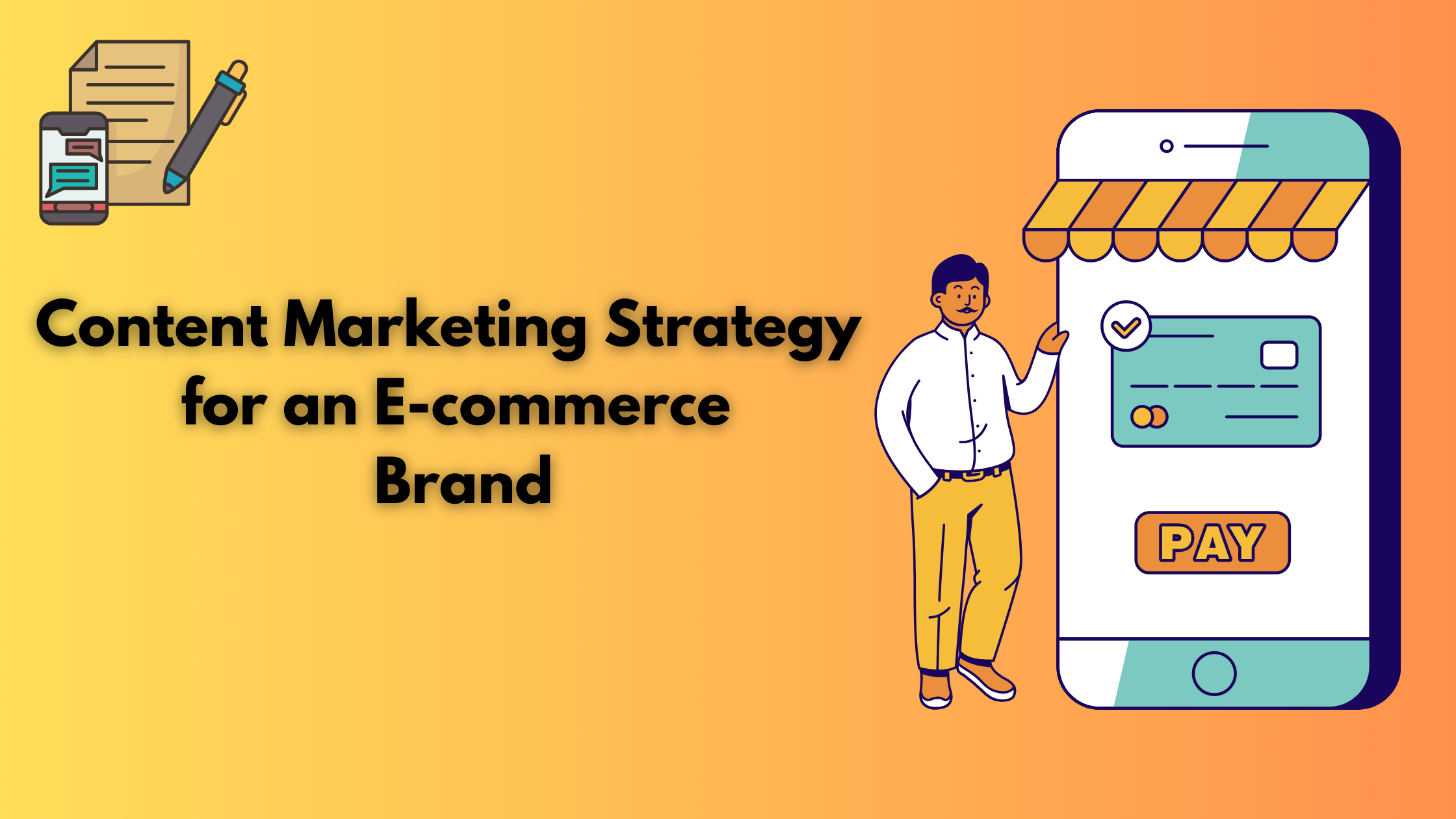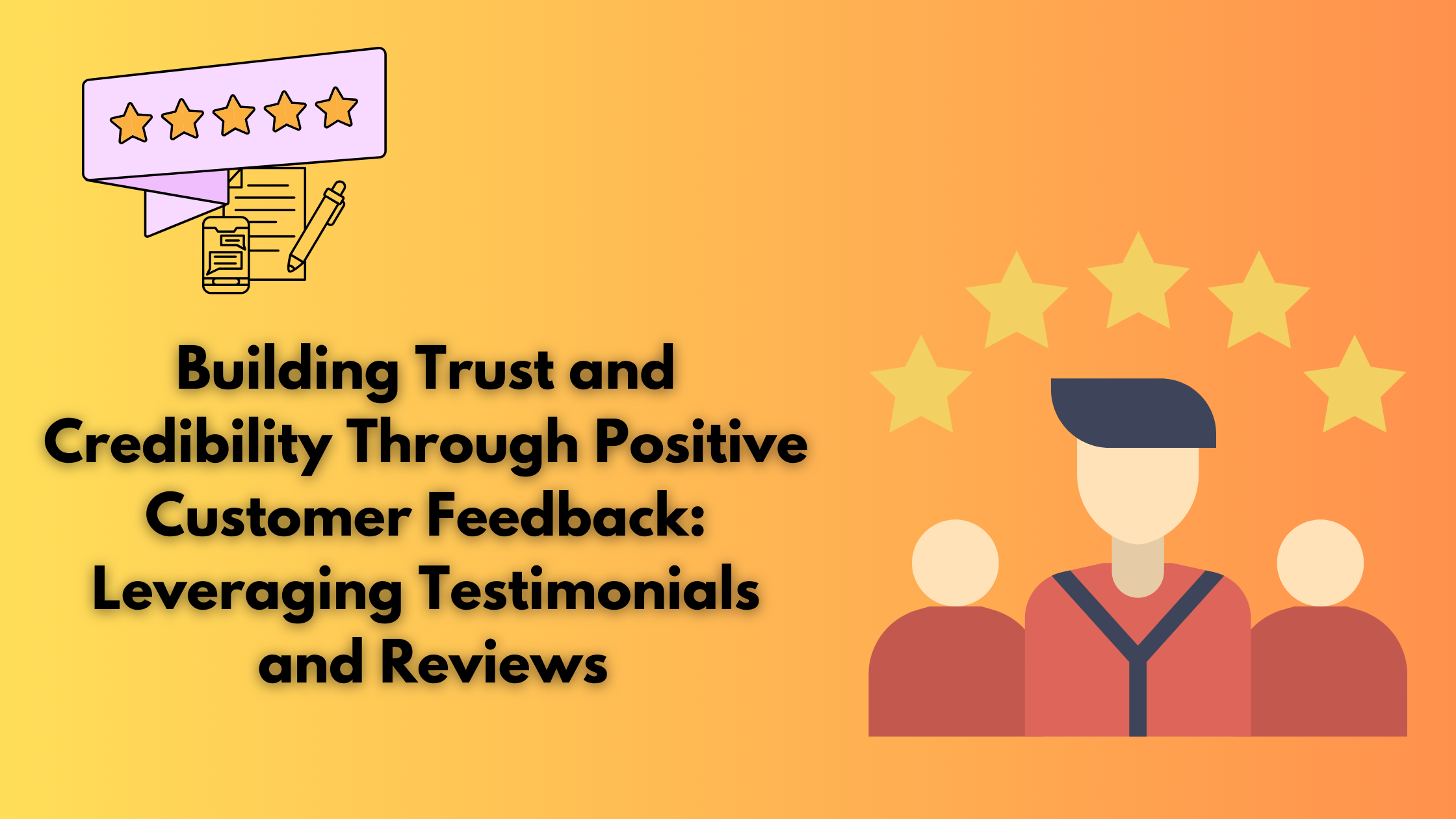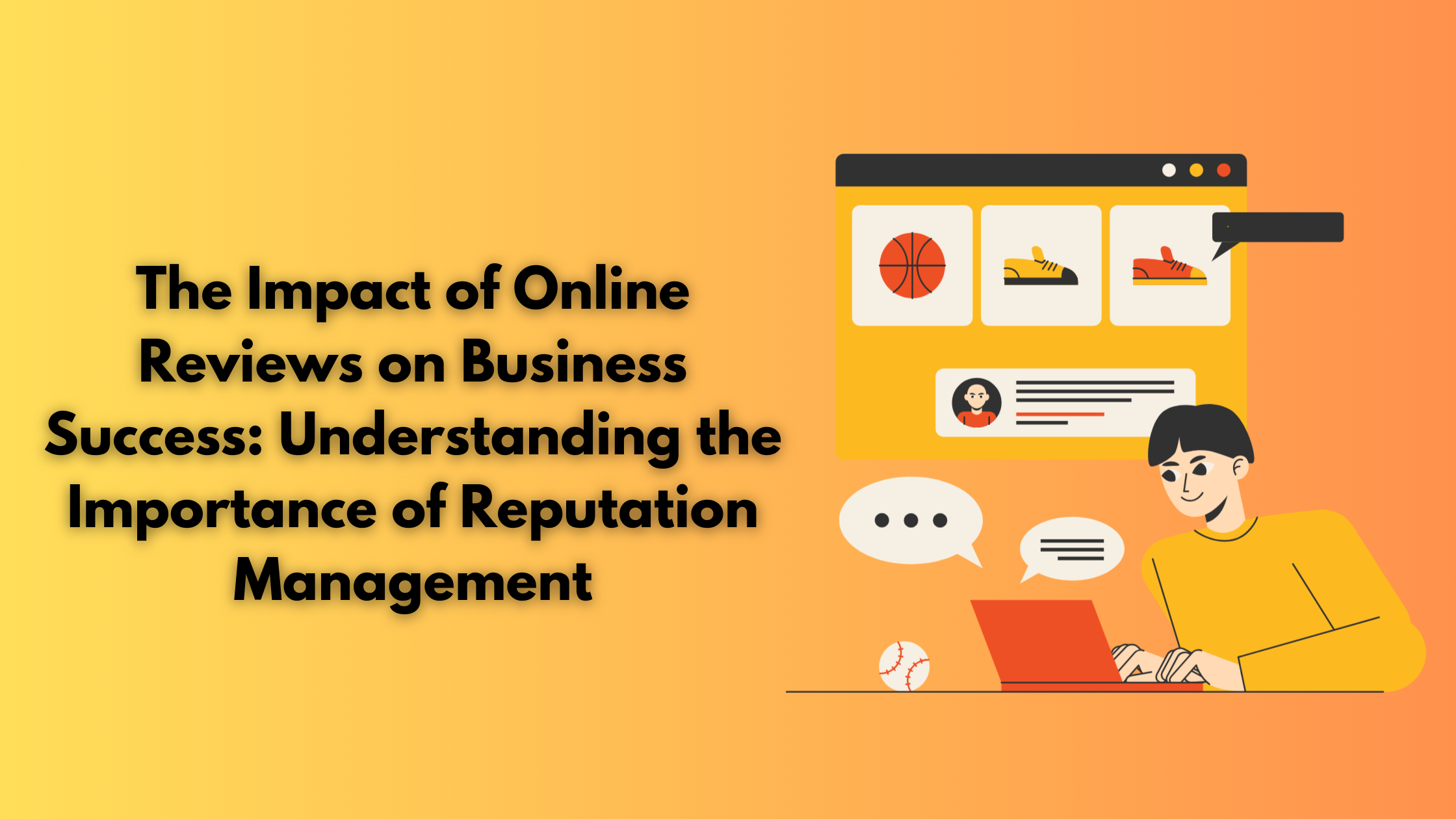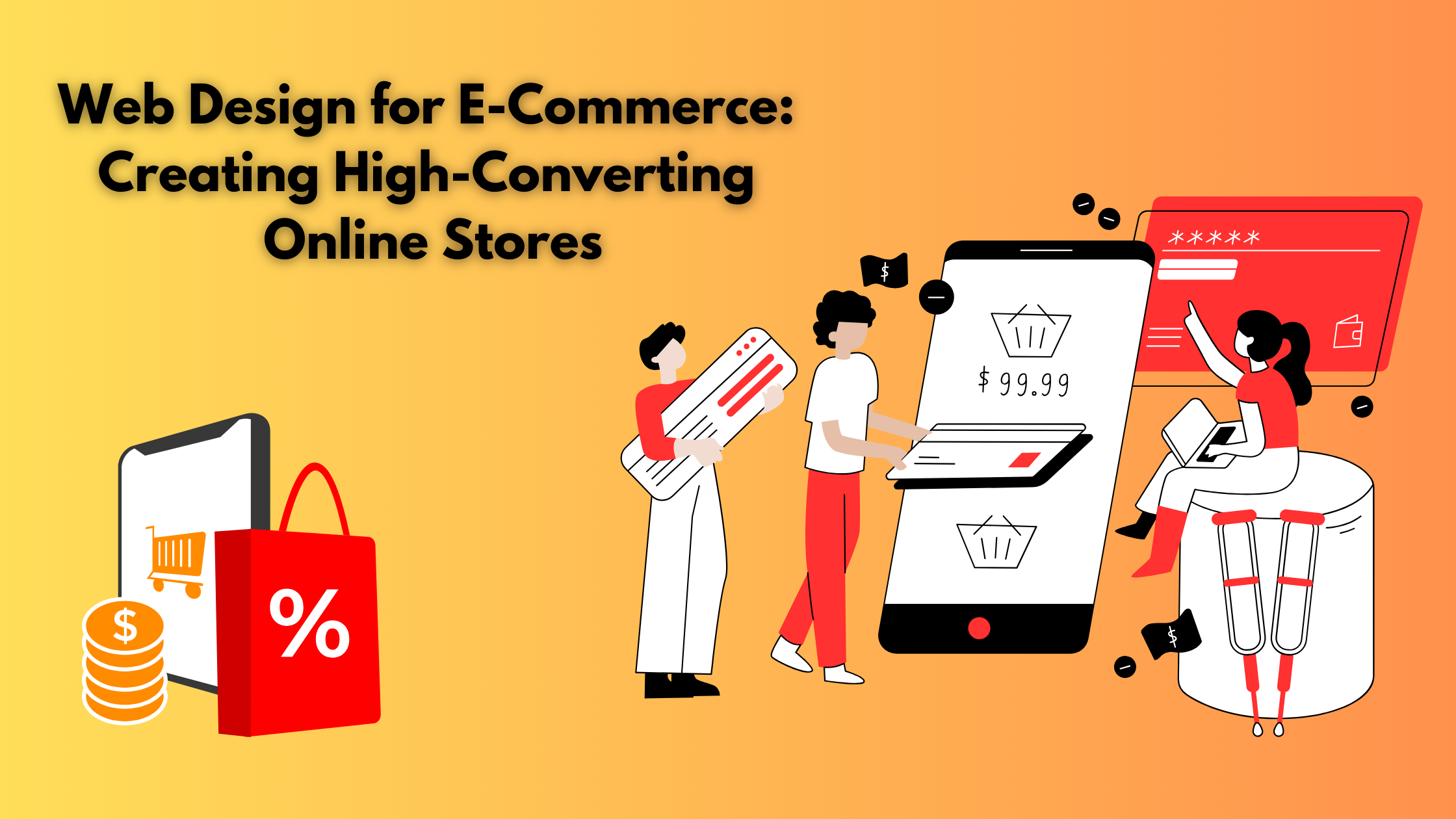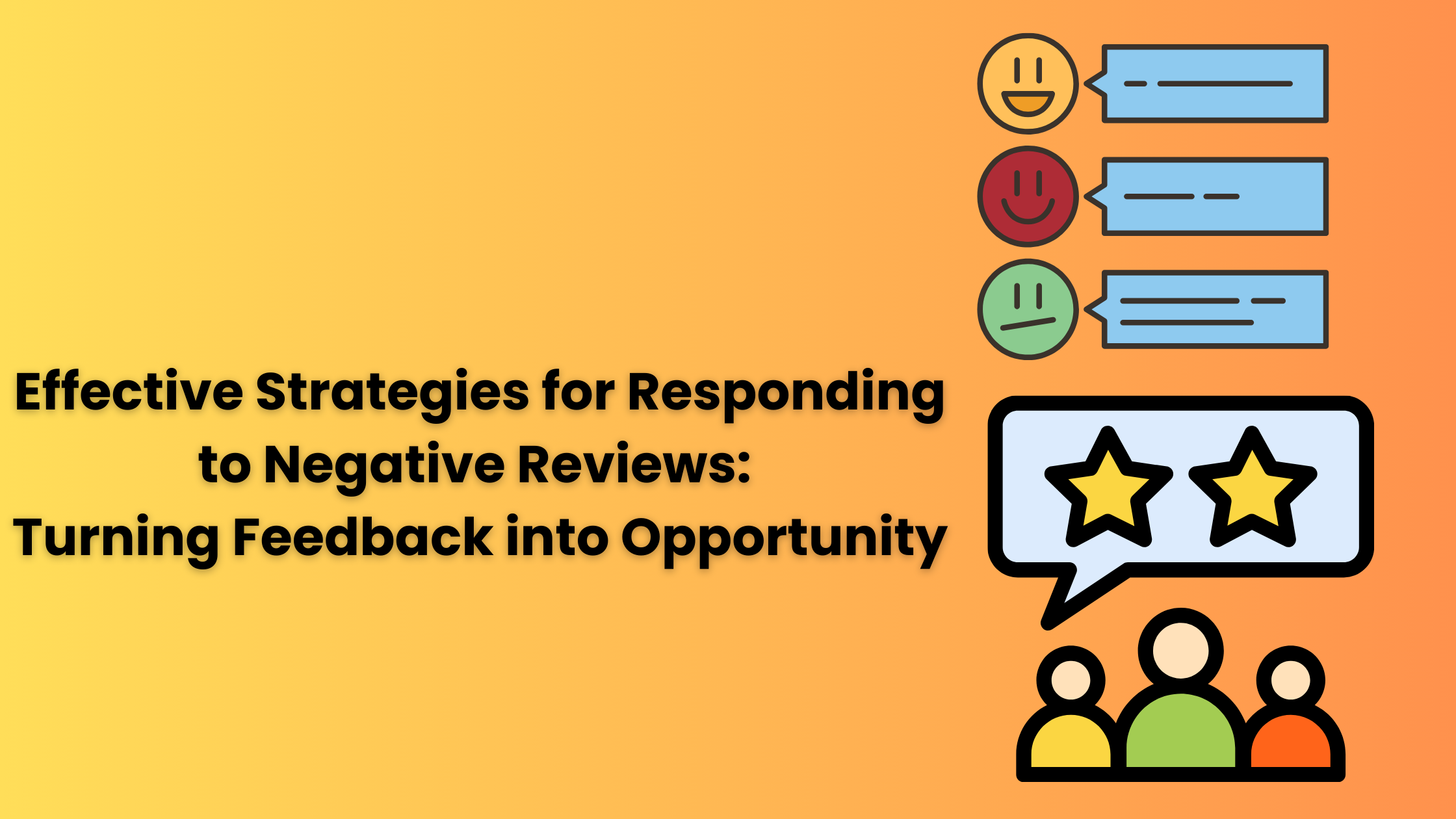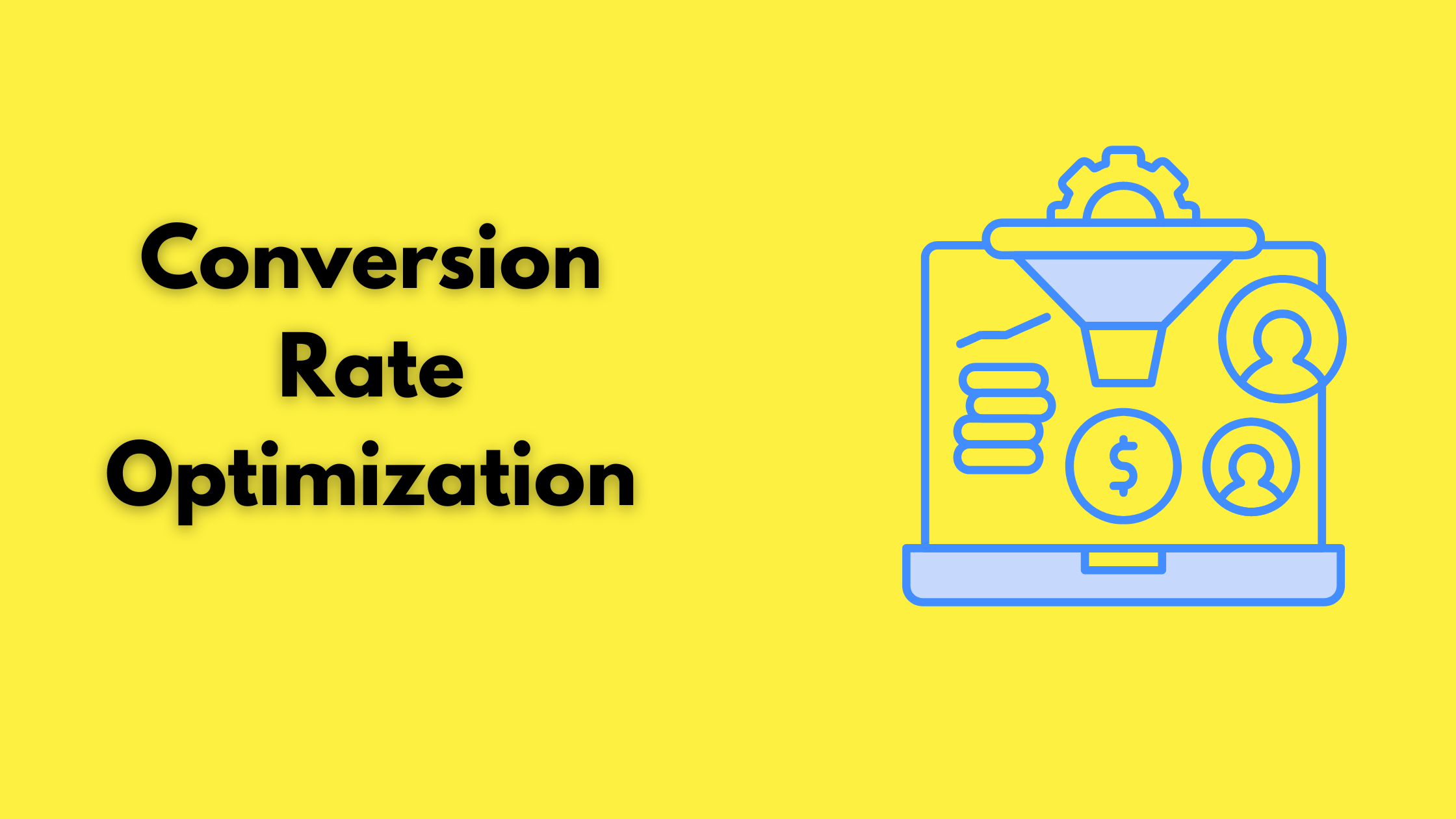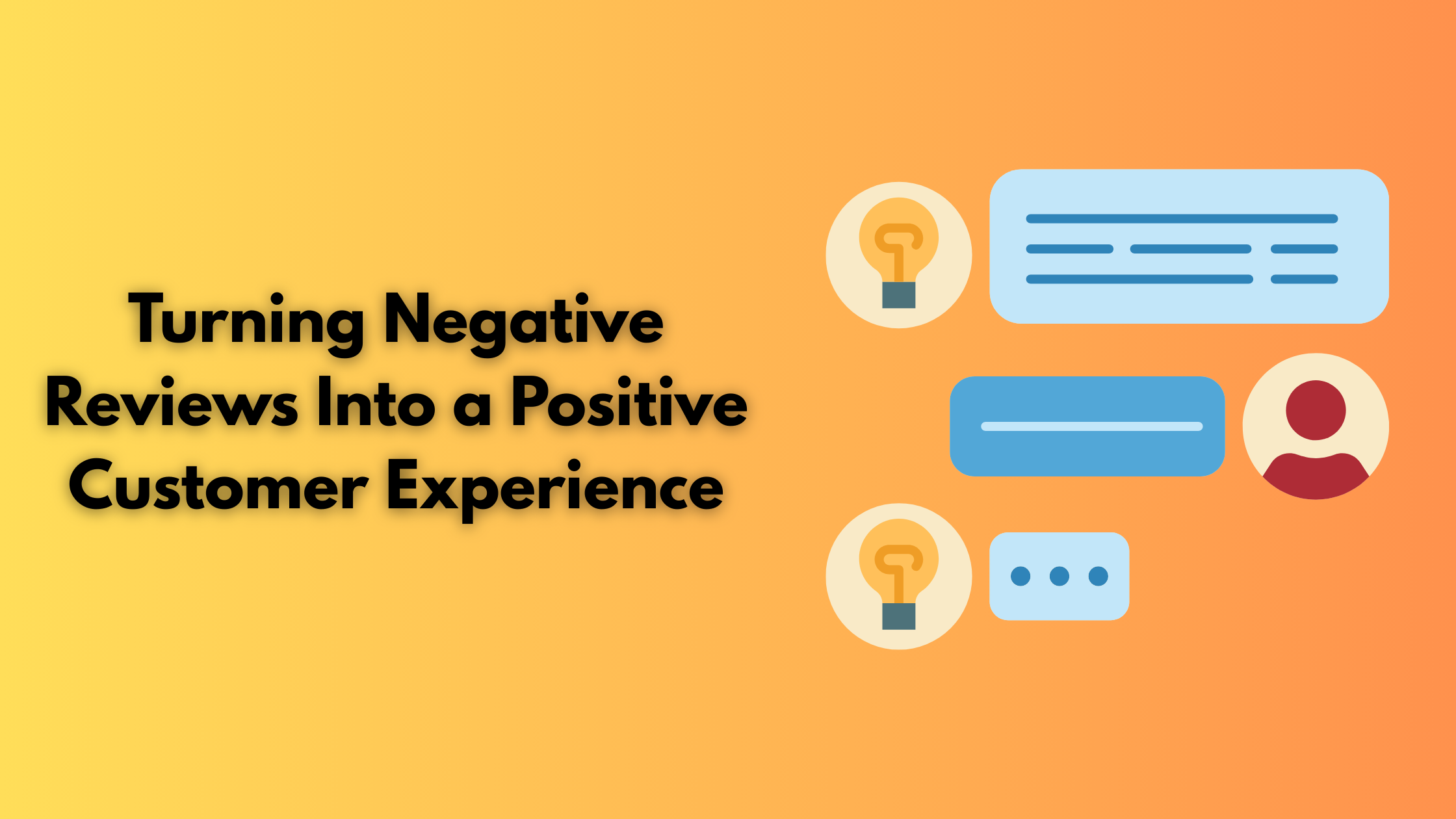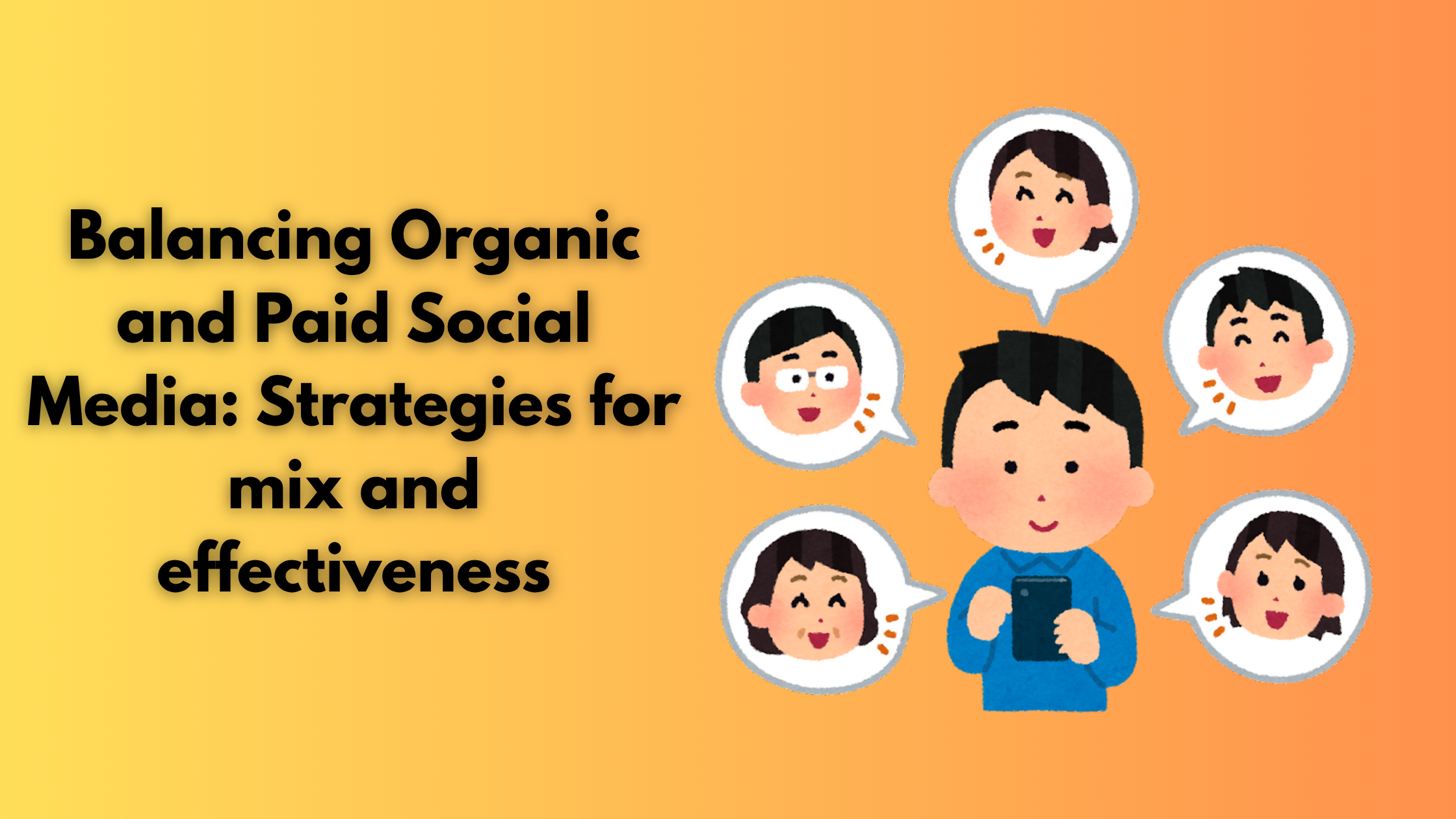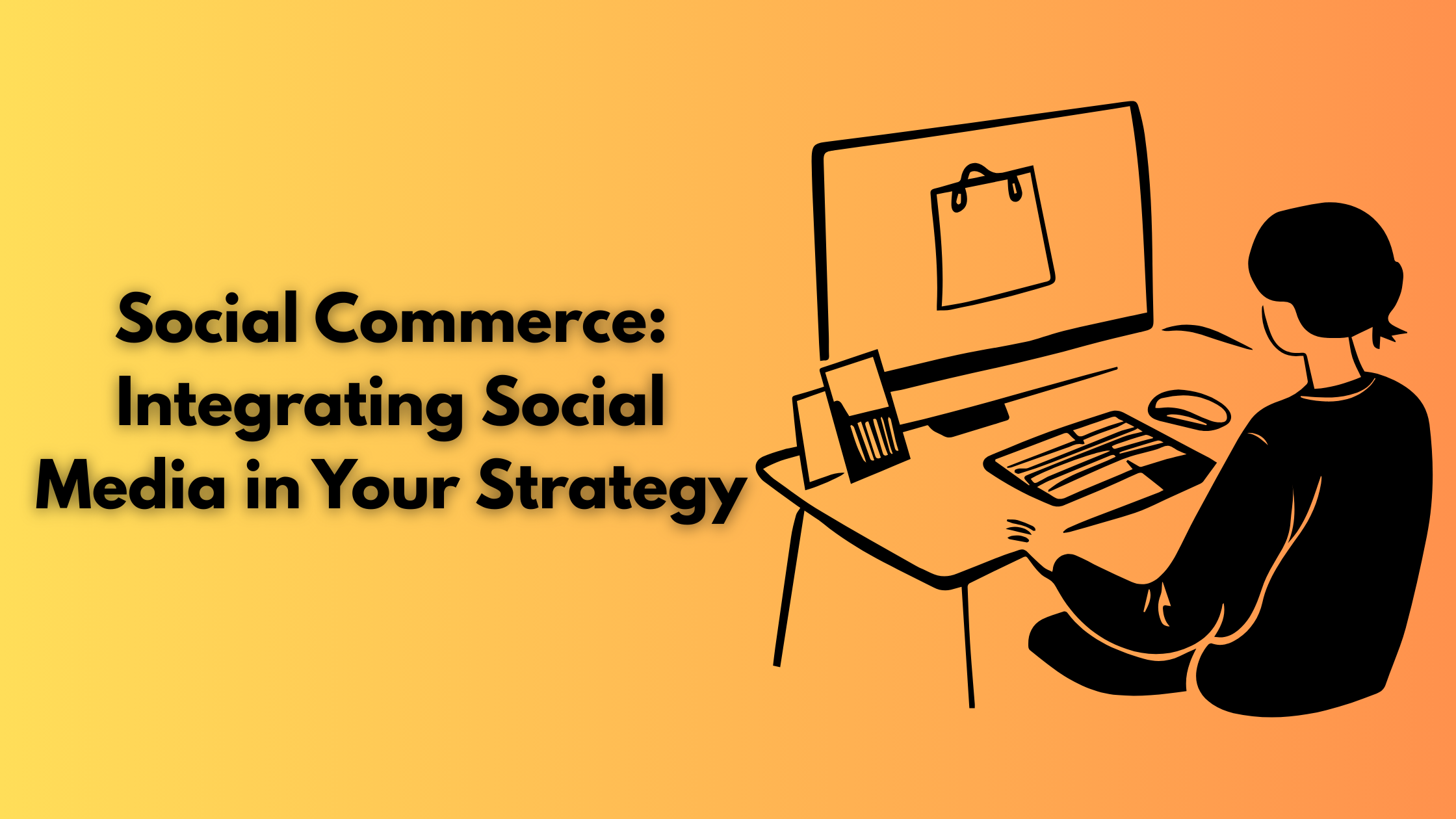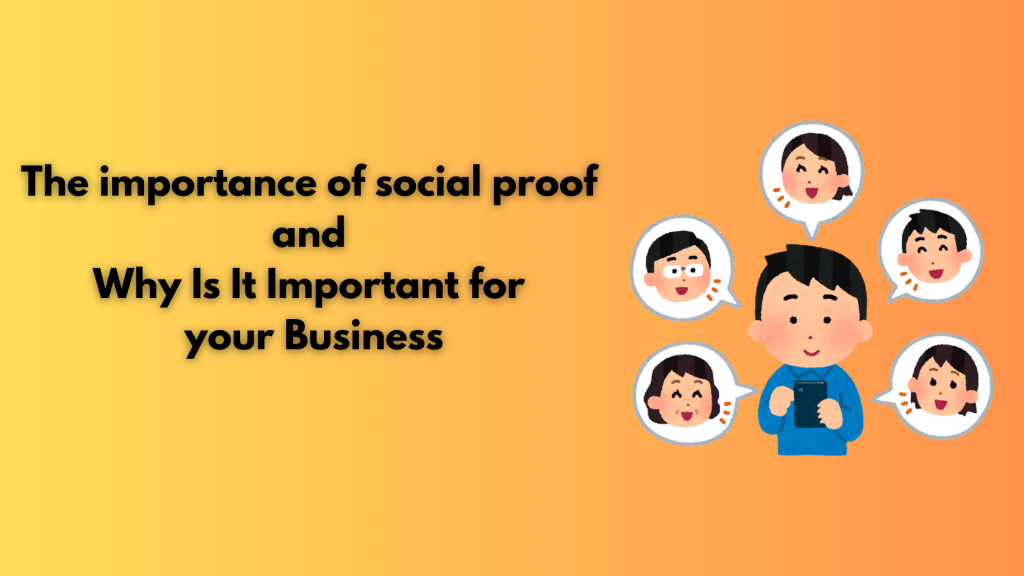
Customers check online reviews and ratings before purchasing to check the user’s experience and see how satisfied they are with the service and product. According to a study, 90% of Customers trust their friends’ recommendations more than brand advertisements. Social proofs work better than scripted advertisements.
This is why brands should prioritize social proof in their branding strategy. Also with rising competition and increasing dependency of customers on digital space, the need to include social proof in your branding strategy is a must.
In this blog, we’ll learn the benefits of social proof, how to create it, and what the best practices are!
What is social proof and its benefits?
Social Proof is coined by psychologist Robert Cialdini, which describes how people respond or act when they do not know how to react in a particular situation. According to Dr William “Social Proof is when someone is in a somewhat uncomfortable social situation and has a desire to behave acceptably”’
Simply, It is a psychological phenomenon where people are influenced by the opinions or actions of others especially when they are unsure or unaware.
Social Proof when used in marketing is a very important tool. It compels people to take action that will be supported by their friends. It helps in building credibility and trust in the brand. Social Proof is of various types such as customer testimonials, online reviews (Google MyBusiness, Yelp), User-generated content, ratings, social media followers, influencer collaborations, certifications and badges, awards, case studies, endorsements, etc.
Benefits of Social Proof
- Increase Conversion: Social proof can increase your sign-ups, downloads, subscriptions, etc. Which will eventually lead to an increased conversion rate. 58% of customers said that they are willing to pay more for a good or service with positive reviews.
- Credibility and Trust: Social proof displays trustworthiness and high-quality products and services. 72% of customers consider the comprehensive look of the product which helps them in making a decision.
- Reputation: Positive social proof creates a positive online reputation and negates negative reviews.
- Less Anxiety: It helps in making better decisions and removes anxiety and stress. It ensures the users that others had a positive experience with the brand. According to a study, 74% of customers stated that a positive review helps in building trust and increases the chances of buying the product.
- Customer Loyalty: It helps in building confidence and increases customer loyalty.
- SEO: Positive reviews increase search engine rankings.
- Competitive Advantage: It highlights the unique value proposition (USP) of your brand and differentiates you from competitors.
- Cost-effective: It reduces the cost of your marketing efforts and increases your ROI.
- Useful Insights: Social proof provides valuable insights related to your customers and their interests.
- Word-of-mouth: Happy customers spread positive word of mouth and become brand ambassadors.
- Brand Awareness: It helps in increasing the awareness of your brand and its products and services.
How to create social proof

Companies use social proof to increase the sale of their products and services. However, with time this process has become more complex and complicated. Earlier customers used to ask or consider recommendations from their friends and family, now they look for reviews on Google, Facebook, Instagram, Amazon, Yahoo, etc. Reading reviews is so crucial for them that according to BrightLocal, 98% of consumers look at online reviews before making a purchase, with an average customer reading ten reviews. At the same time, Customers like to leave a review explaining their experience to other customers.
However, many times customers forget to leave reviews, in such a case you can send a follow-up email to them. According to research conducted by Harvard Business Report, sending a follow-up email to your customers asking for a review is a very effective way of collecting feedback.
You can also get incentives sometimes, especially during festive seasons. But make sure you offer reasonable incentives that don’t lead to a lack of resources.
Best Practices and Examples

- Collaborate with influencers that are from your niche or liked by your followers. According to a study, 30% of customers are more likely to purchase if they collaborate with influencers to get positive feedback or word of mouth. Also, it helps in building trust as the followers trust the influencer and their recommendations.
- Display your social proof on your website. A case study for WikiJob found that simply adding short and text-only testimonials on the landing page can increase sales by 34%.
- Highlight the quantitative metrics such as the “4.3/5, 4.9/5” rating.
- Use the latest, authentic, relevant social proof
- Ask and encourage more customers to leave a review
- Use visual media such as images or videos to display customer experience.
- In case of negative reviews, Respond to them politely and professionally. Also, 53% of customers expect that the brand will respond to their negative comments in one week. Additionally responding to negative reviews can help you in bringing 45% of customers back to your brand.
- Use social media to highlight social proof
- Manage, monitor, and analyze the metrics that are available related to the social proof
- Use Online Review Management Software, such as Lumia 360’s Online Review Management Software manages and monitors your online mentions, integrates them in one place, and enhances your Google reviews as well.
- Value and highlight reviews that talk about the specifications or USPs of your product.
- You can add business or industry certifications, awards, and badges that help build trust and ensure high quality. E-commerce platforms use e-commerce badges that make the customer feel safe while sharing their bank details with your company.
Let us learn more about social proof by looking at some of the examples
- Canva
- : It is a well-known visual site for designers and it has effectively employed social proof by adding a scrolling banner of brands that have used their platform. Also, it is placed strategically under the payment options so that it catches the attention of the users.
- Elna Cain: She is a freelance writer and blogger. Who knows how to use social proof effectively. At the top of her homepage in the menu bar, she has added a praise section. That displays all the positive reviews and testimonials that highlight her strengths and differentiate her from the competitors. She has included both the name and the photo of the person who has written the review.
- Dyson: It relies on 5-star ratings and customer reviews to build trust. This type of social proof works best for shoppers. As it is easy to understand and submit the rating. Dyson displays the rating at the top of the product listing as it grabs users’ attention and reduces their effort in searching for reviews.
Customer feedback helps in improving the quality of products and services but at the same time, it is an important tool for customer acquisition. Social proofs are more convincing than advertisements. However, at times managing online reviews is very difficult due to the various platforms and channels that are available today. It is important to cater to every review so to help you with that, you must use a review management tool to manage and monitor your online mentions and integrate them in one place and provide useful reports to you as well.
Read Also: Ultimate Guide For Enhancing Engagement Rate
Read Also: Social Media Marketing for a Local Business



